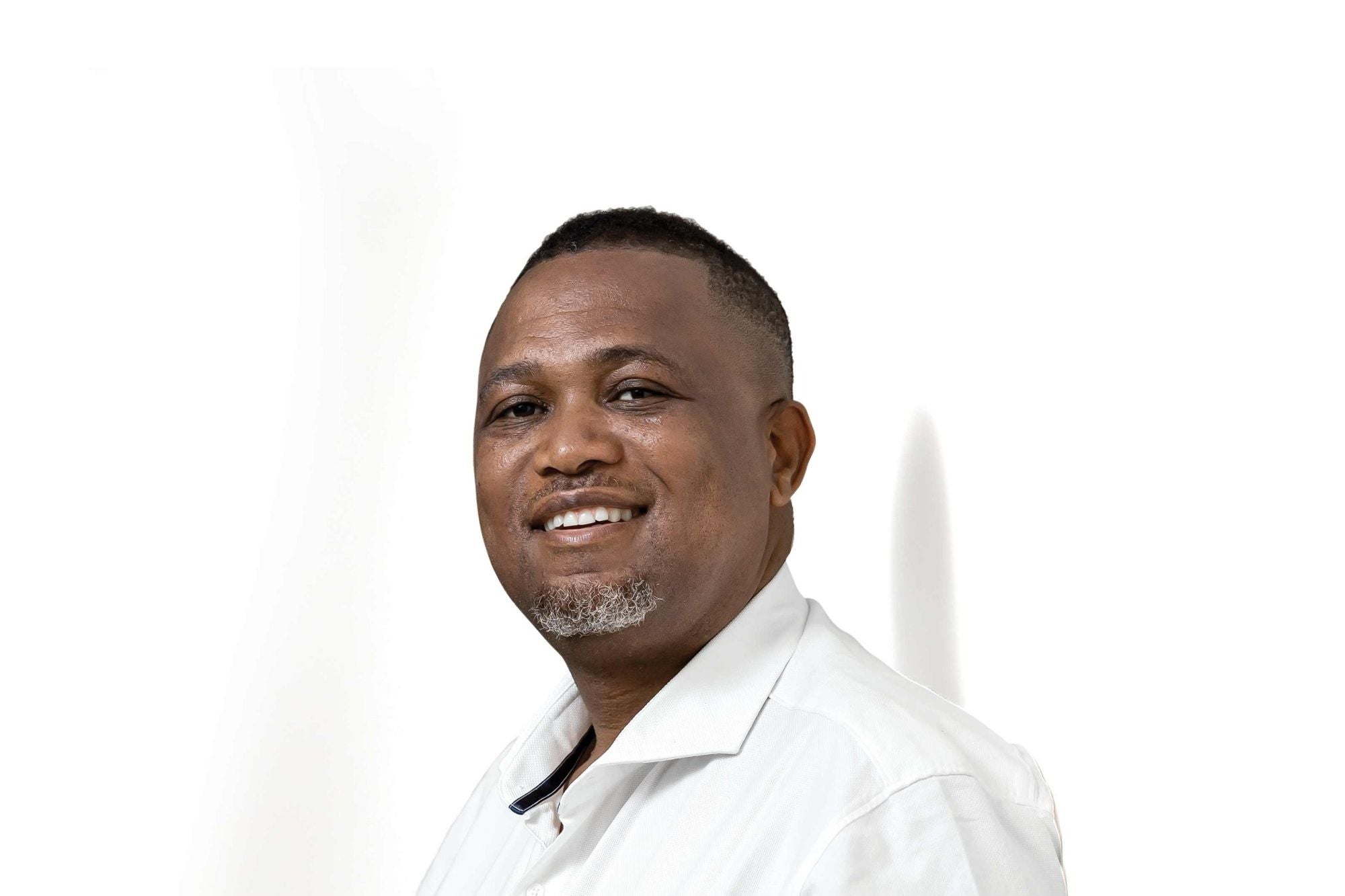How Lebohang Khitsane Has Built SA's Most Famous Tombstone Business Bataung Memorials is a company that has brought the latest technology to an industry that few people would associate with innovation. It shows that just about every field is ripe for disruption.
Opinions expressed by Entrepreneur contributors are their own.
You're reading Entrepreneur South Africa, an international franchise of Entrepreneur Media.

Vital stats
- Player: Lebohang Khitsane
- Company: Bataung Memorials
- Established: 2004
- Visit: www.bataungmemorials.co.za
It's hard to think of an industry that seems further removed from the modern tech world than tombstone services. It is an age-old industry that has largely remained unchanged, right? Well, no; not really.
The truth of the matter is, technology has become integral to every industry. No company can afford to ignore the latest advancements, including those involved in tombstone and memorial services.
Bataung Memorials is a great example of a company that has enjoyed tremendous success because it brought fresh ideas and new technologies into an industry that was ready for disruption.
Here's how founder Lebohang Khitsane turned a small tombstone business into an industry leader.
1. Find a neglected industry
Industries such as tombstone services don't often spring to mind when thinking of business ideas. Everyone wants a cool tech company, but what about a business that creates tombstones and organises memorial services? That doesn't sound as sexy and exciting.
But the fact of the matter is that it is often in these overlooked segments where great opportunities can be found. South Africa is a particularly good example of this, since it has a high mortality rate that creates huge demand for tombstone services.
By bringing business acumen and modern business tactics to an industry that is quite old-school and littered with many small-scale operations, you can quickly become a significant player.
2. Find a neglected market
Soon after starting up the business, Khitsane realised that the industry wasn't really catering to the specific needs of Africans.
"A lot of the options available at the time were really just ideas imported from overseas," he says. "There were no Afrocentric designs available that were sensitive to the unique beliefs and culture of Africans. So, we started creating designs that were aimed specifically at Africans. Because of this, the business really took off. We were enjoying growth of around 300% year-on-year."
Khitsane also realised that no one was catering to the blind, so Bataung Memorials started offering tombstones with braille. While this was obviously a relatively small market, it was still significant, and cemented the company's reputation as an industry leader.
3. Create a superior product
Right from the start, Khitsane was determined to create a product that could compete on the global stage.
"I wanted to create products that were the best in the world, so we invested in a manufacturing set-up that could offer incredible tombstones. We set up an end-to-end facility that could handle the cutting, shaping and polishing of stones. Today we're the biggest tombstone manufacturer in Africa," says Khitsane.
Bataung also decided to improve the level of personalisation available. "A tombstone is obviously a very personal thing, yet so many of those available are very generic. We decided to offer a level of personalisation that wasn't available. Bataung allows loved ones to have a unique tombstone designed and crafted that says something about the personality of the deceased."
This personalisation option has become incredibly popular, and the company has created large and impressive tombstones for celebrities such as Gugu Zulu, John "Shoes' Mosheou and Vuyo Mbuli.
4. Embrace technology
Bataung Memorials hasn't only embraced technology on the manufacturing side of things; it has also implemented technology cleverly in customer-service. For instance, it has started creating tombstones with QR codes that allow mourners to view info about the funeral and the deceased through a smartphone.
It has also incorporated GPS tracking into its tombstones, which allows mourners to find the correct funeral. "It seems like a somewhat absurd situation, but it's a real problem," says Khitsane. "The large graveyards host so many funerals on a typical day that people can really struggle to locate the correct site. A GPS tracker solves this problem."
5. Leverage social media
Bataung Memorial makes use of traditional marketing campaigns in newspapers and magazines, but it also makes a lot of use of social media platforms to promote the business.
"Social media is very important to us. When we've created something that really says something about the person who has passed, people will share it on social media. The important thing, though, is to create a space where it can actually be shared. If you're not on social media, you can't benefit from people sharing your work," says Khitsane.











